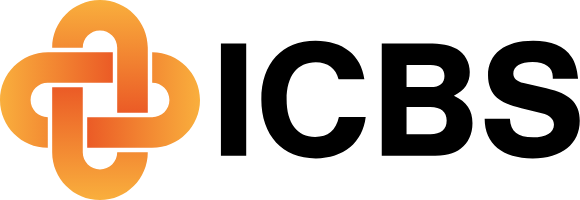About us
Our mission and vision
We strive to improve psychosocial well-being
We contribute to peaceful communities and improving the psychosocial well-being of people living in areas disrupted by crises, by facilitating access to community-based sociotherapy.
We envision a world where people whose lives have been disrupted by war, violence or natural disasters can live their lives in peace and enjoy meaningful social relationships.
The history of ICBS
Where do we come from
The seeds of ICBS were sown in Rwanda in 2006 during a workshop on the role of community- based sociotherapy in community healing. There, the first group of CBS practitioners trained by Cora Dekker expressed a wish to create a network of CBS professionals for mutual learning and exchange and for development of a body of knowledge on CBS.
With the expansion of CBS within Rwanda and to other countries in the region and beyond, Cora and CBS Rwanda understood the importance of such a network. A network to connect practitioners, to increase the understanding of CBS’ effectiveness, to safeguard the CBS principles and quality standards that make the approach effective, and to facilitate increased access to the CBS approach. As a result of the common interest of CBS practitioners to establish this network, ICBS was registered as a non-profit foundation in the Netherlands in 2019. This was just two months after Cora’s passing, bringing this long-term dream to life.

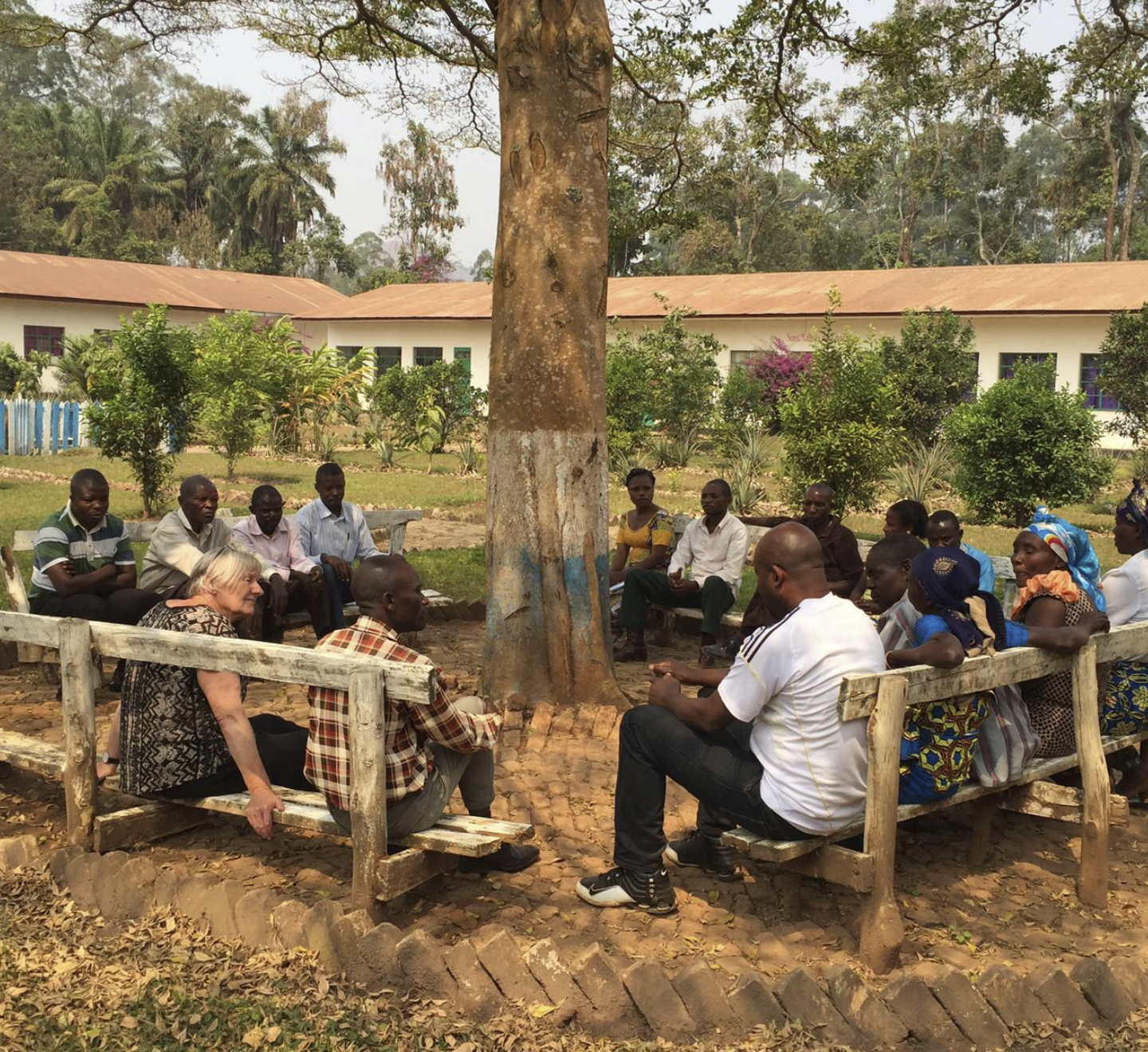


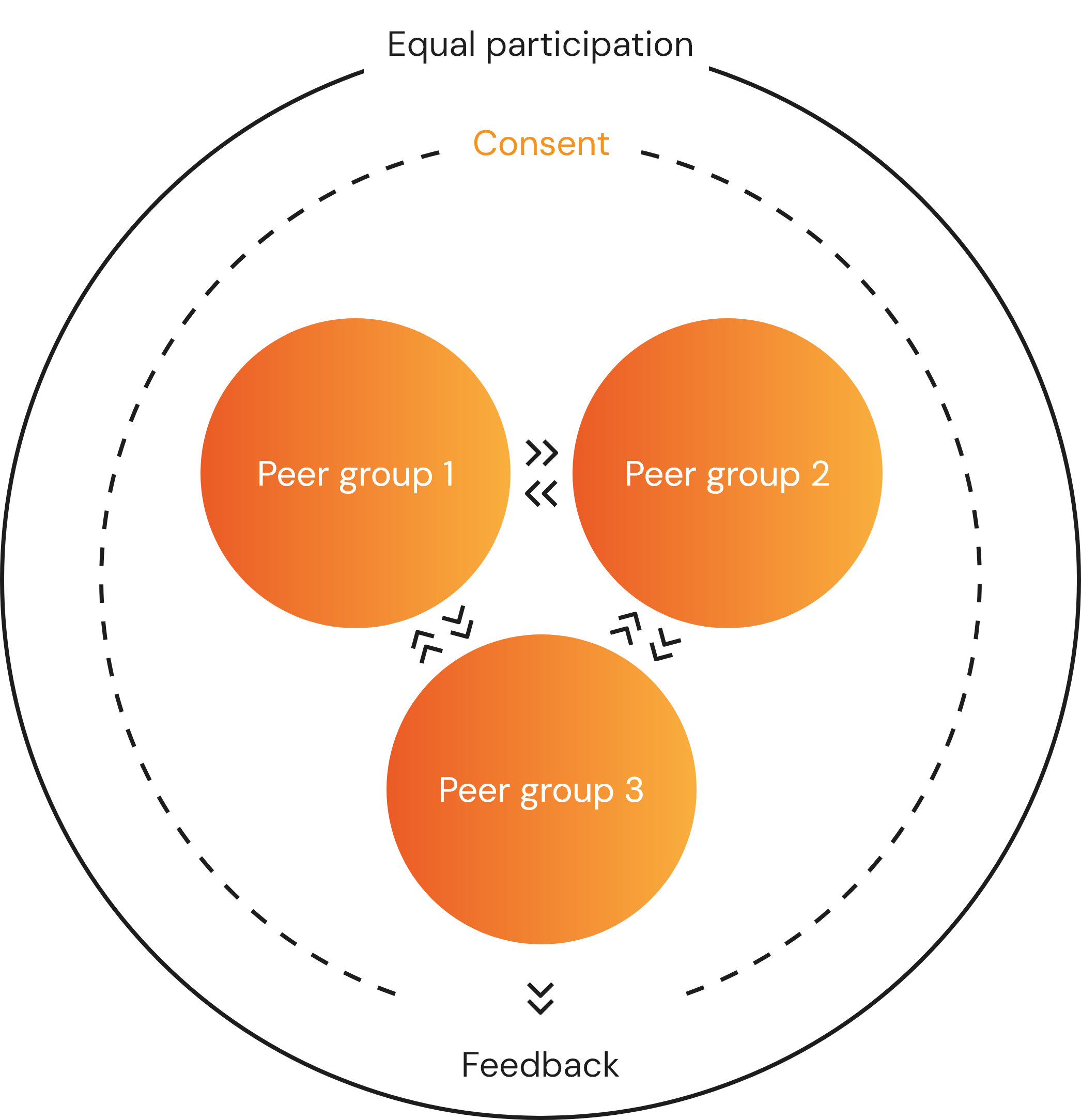
Sociocratic governance
A peer governance
system based on consent
ICBS adopted an innovative way of structuring our organisation, inspired by sociocracy 3.0 and the community-based sociotherapy principles: inter-est, equality, democracy, participation, responsibility, here-and-now and learning-by-doing. This organisational structure aims to make the organisation more flexible and to create an equitable and participatory organisation. Sociocracy is people-centred, putting the needs of the people first, to develop a conducive working environment.
Sociocracy is a governance model that emphasises shared decision-making and transparency in the organisation. This includes practices of consent-based decision-making, circle structures, and feedback loops. The decision-making is decentralised, and power is distributed among all the members. Instead of relying on the more traditional top-down hierarchy, ICBS will use the circle structure, whereby each circle is responsible for a specific area of work. The participative way of structuring the work, emboldens an effective governance form, whereby everyone has a voice and decisions are made through a process of shared understanding and consent.
Meet the team
Get to know our devoted team
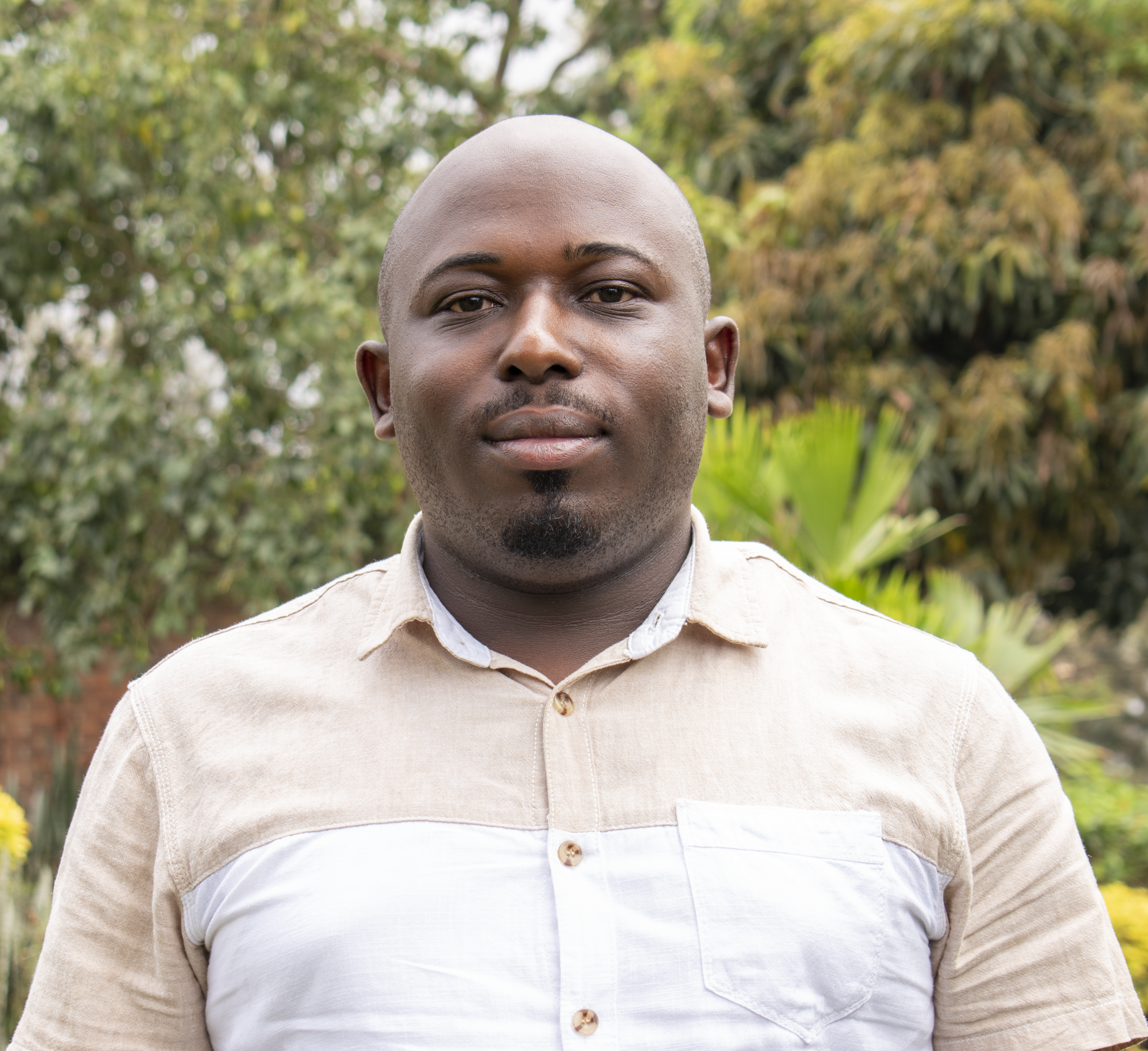
Emmanuel Hagenimana
Emmanuel Hagenimana is a well-versed finance professional with an MBA in Finance and a Bachelor’s degree in Accounting. He is a Certified Human Resource Manager, a Certified Forensic Investigator, and a CPA-K finalist. Emmanuel brings extensive experience in financial management across both international NGOs and corporate organizations, ensuring operational efficiency, transparency, and sustainability.
In his career, Emmanuel has served in key roles such as Finance and People Management Lead, Finance and Grant Management Coordinator, Internal Auditor, Accounting and Finance Consultant, Tax Advisor, and Audit Manager. His expertise spans financial management, auditing, and compliance, supporting organizations to maintain accountability and strengthen internal controls.
Emmanuel is highly proficient in various accounting and financial management systems, leveraging technology to optimize processes. His dynamic, results-driven approach, combined with strong leadership skills and a commitment to excellence, contributes to ICBS’s mission of empowering communities, enhancing organizational impact, and ensuring effective management of resources for sustainable development.
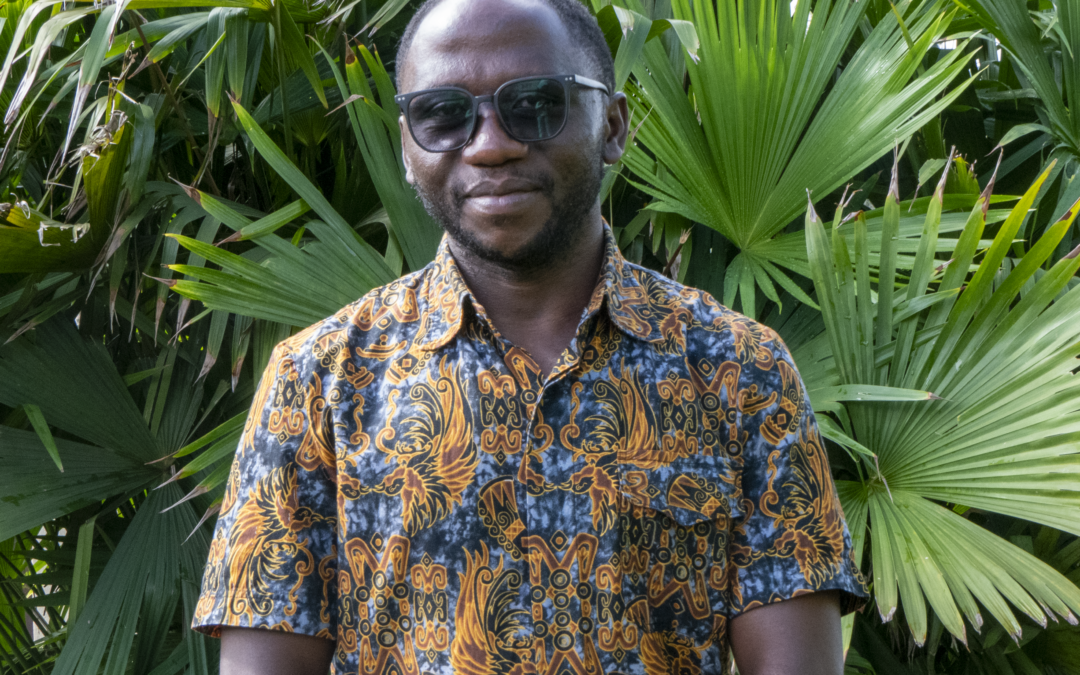
Martin Iryayo
Martin is a seasoned expert in Monitoring, Evaluation, Research, Accountability, and Learning (MERAL) with over eight years of experience supporting international development organizations. He is a Google Certified Data Analyst and Trusted Tester certified by the US Office of Accessible Systems and Technologies. Martin is skilled in advanced data tools including SQL, Python, Tableau, Power BI, and Looker.
He holds a Master’s degree in Research and Evaluation, specializing in Assessment and Measurement, from Yogyakarta State University, where he graduated cum laude, and a Bachelor’s degree in Education from the University of Rwanda.
Martin has successfully strengthened data-driven frameworks for programs funded by USAID, EU, UN agencies, and others, working across sectors like agriculture, health, gender equality, child protection, education, and disaster risk management. His expertise includes designing MERAL systems, conducting rigorous evaluations—including RCTs and c-RCTs—and implementing digital platforms such as PMERL, KoboToolbox, and DHIS2.
Currently, he is a Quantitative Researcher at the Institute for Community-Based Sociotherapy, leading MERL innovation and data analytics. Fluent in multiple languages, Martin translates complex data into actionable insights for sustainable impact.
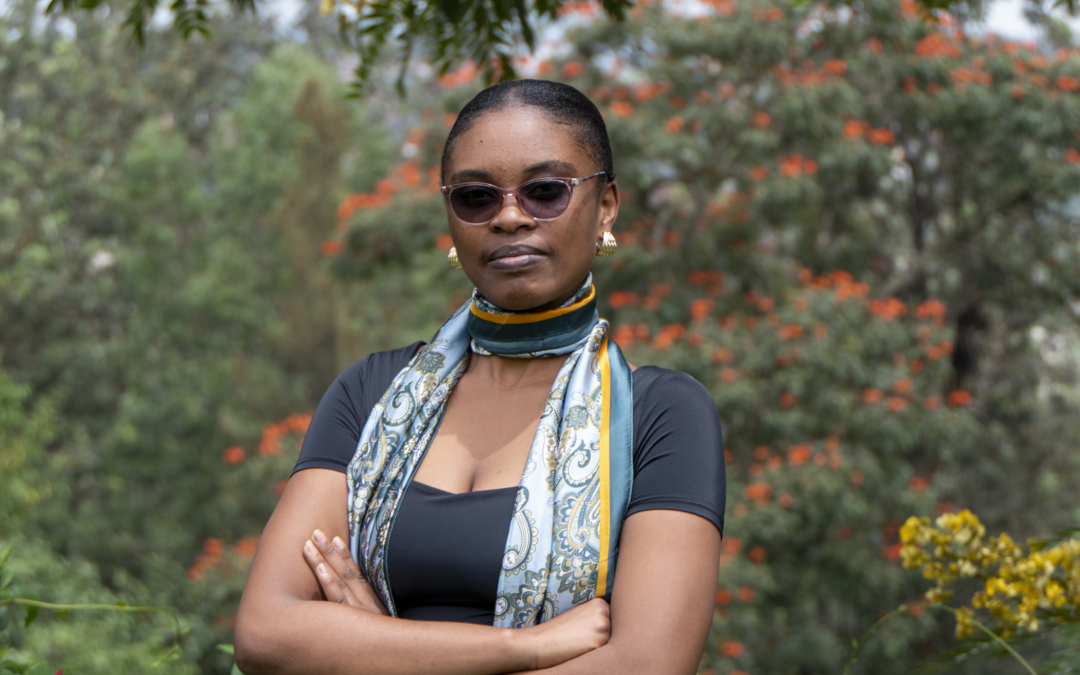
Immaculée Mukamazimpaka
Immaculée Mukamazimpaka holds a Bachelor’s degree in Accounting from the University of Rwanda. She has more than one year of experience helping small and medium businesses manage their finances. She has expertise in financial planning, budgeting, and managing cash flow, with additional skills in tax planning, following tax rules, and doing audits and bookkeeping. Immaculee understands how to manage financial risks. Immaculée is dedicated to delivering accurate financial insights and supporting efficient business operations.
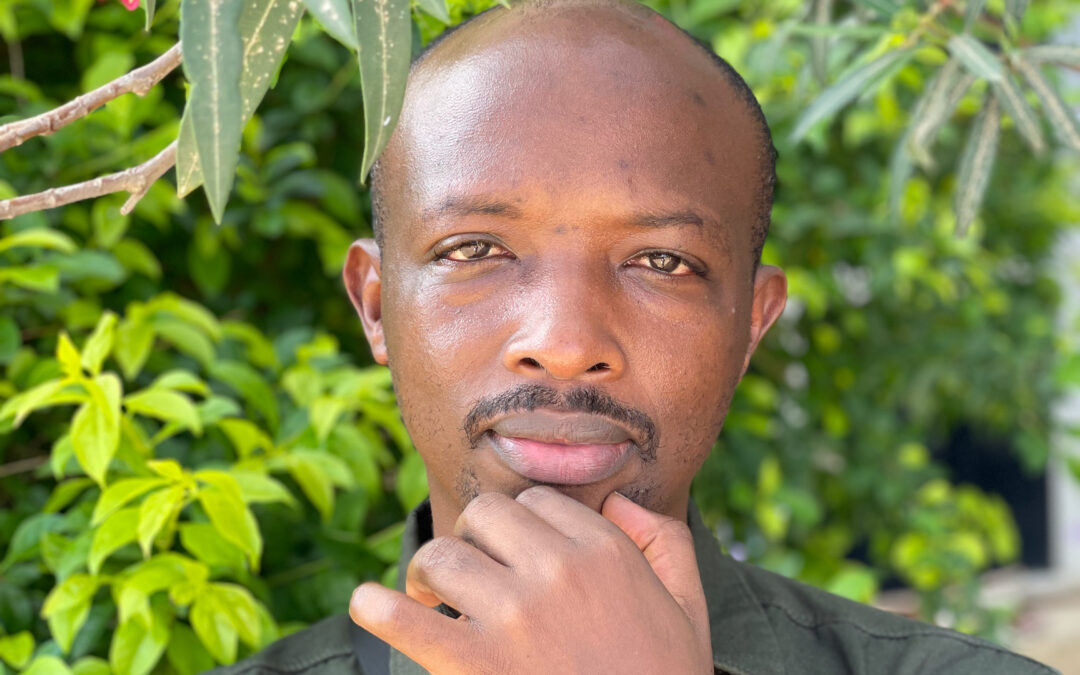
Diogene Karangwa
Diogene is a Rwandan practitioner and researcher with extensive experience in managing community-level projects. He holds a Master of Science (MSc) in Project Management from Jomo Kenyatta University in Rwanda, as well as certificates in genocide and mass atrocities studies, human rights, and conflict management. He also holds an Accredited Diploma in Groupwork Practice and is a qualifying Group Analyst. Diogene has served as a Participatory Action Researcher for four years and is an experienced trainer in community-based sociotherapy and grassroots advocacy. He has built the capacity of CBS trainers and facilitators in Rwanda, the Democratic Republic of Congo, South Sudan, Uganda, and Ethiopia.
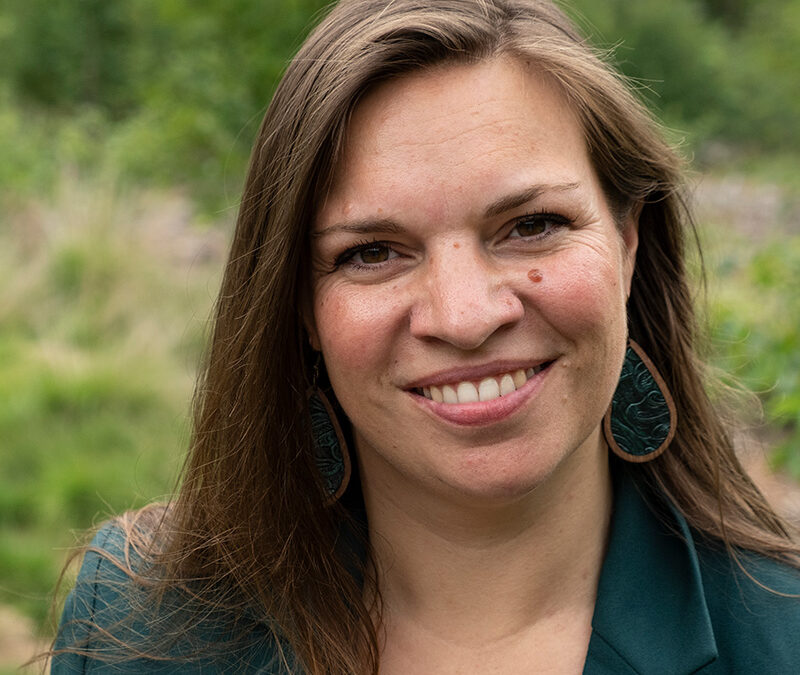
Angela Jansen
Angela holds a Bachelor Cultural Anthropology and a Master International Development Studies from the University of Amsterdam with a specialisation in Holocaust and Genocide Studies. She is a PhD candidate Centre for the Study of the Afterlife of Violence and the Reparative Quest (AVReQ) at the Stellenbosch University, South Africa. From 2008 onwards Angela has worked with several non- government organisations in the Netherlands, Haiti, Cameroon and DR Congo which focused on peacebuilding in conflict or disaster affected settings. More than ten years ago, in 2013, Angela started working with community- based sociotherapy (CBS) in Rwanda. She has been involved in programme management and coordination, project development, knowledge exchange and initiating innovative research designs. Angela is one of the co-founders of ICBS.
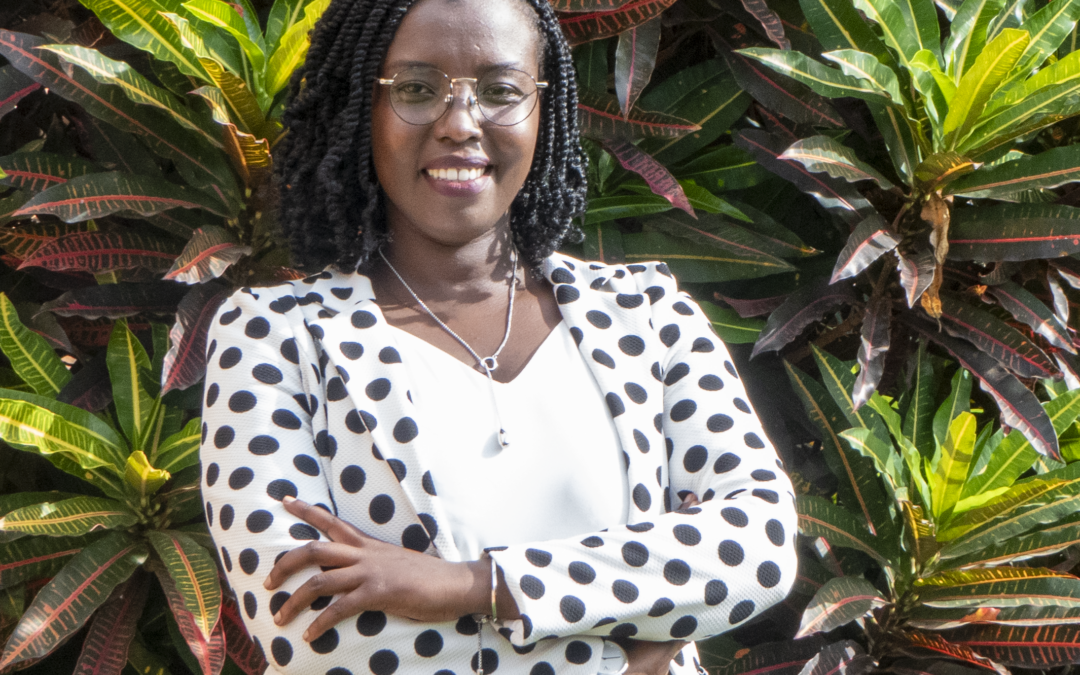
Nadine Nirere
Nadine is a dedicated communication professional with nearly five years of experience in content creation, with a desire to serve in the human development sector. Her expertise includes external communication, design, social media management, public speaking, and content development. She holds a bachelor’s degree in public relations and has completed a training course in International Strategic Communication. Nadine co-develops and implements communication strategies, creates supporting materials, and enhances organizational visibility through event planning, graphic design, and social media management.
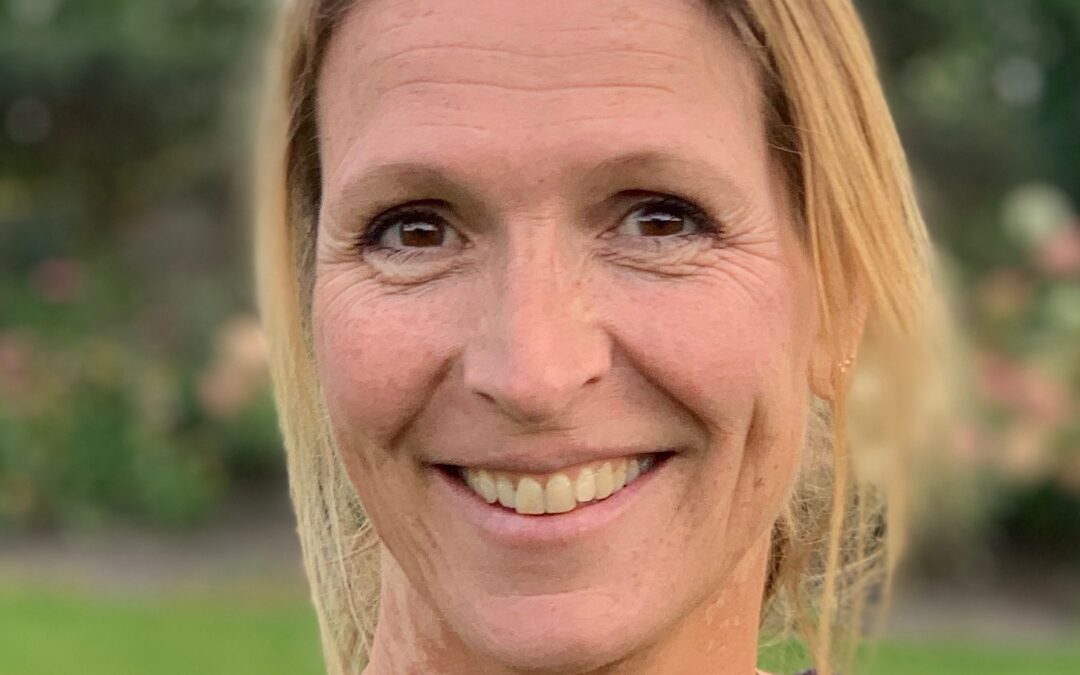
Yolanda van den Broek
Yolanda is a mental health and psychosocial support (MHPSS) professional and specializes in community-based sociotherapy. Since 2003, she has leveraged her experience as a sociotherapist in both traditional and modern psychiatric settings in the Netherlands and abroad to support MHPSS and peacebuilding projects in local communities within in refugee and post conflict environments. As the Training Lead in ICBS, Yolanda designs and coordinates projects. She supports organizations on the ground in setting up CBS projects by contextualizing the CBS approach and providing trainings and supervision at various levels across different countries. Yolanda is one of the co-founders of ICBS.
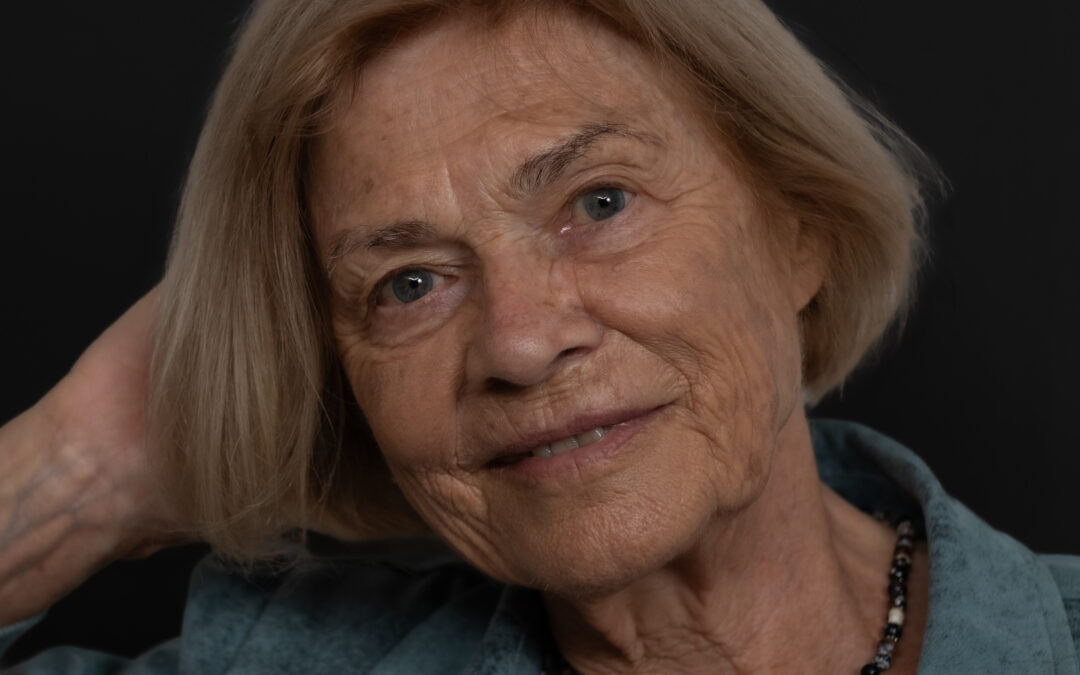
Annemiek Richters
Annemiek, MD, anthropologist, is emeritus professor culture, health and illness Leiden University Medical Center and staff member of the Amsterdam School for Social Science Research, University of Amsterdam, the Netherlands. From 2005 onwards she has contributed in a number of leadership capacities to the development of community-based sociotherapy in Rwanda. Her current research interest is mental health and psychosocial recovery intersected with peacebuilding across the generations in the aftermath of mass atrocities. The majority of her publications over the past years focus on research addressing themes that emerged from the practice of sociotherapy in a post-conflict society
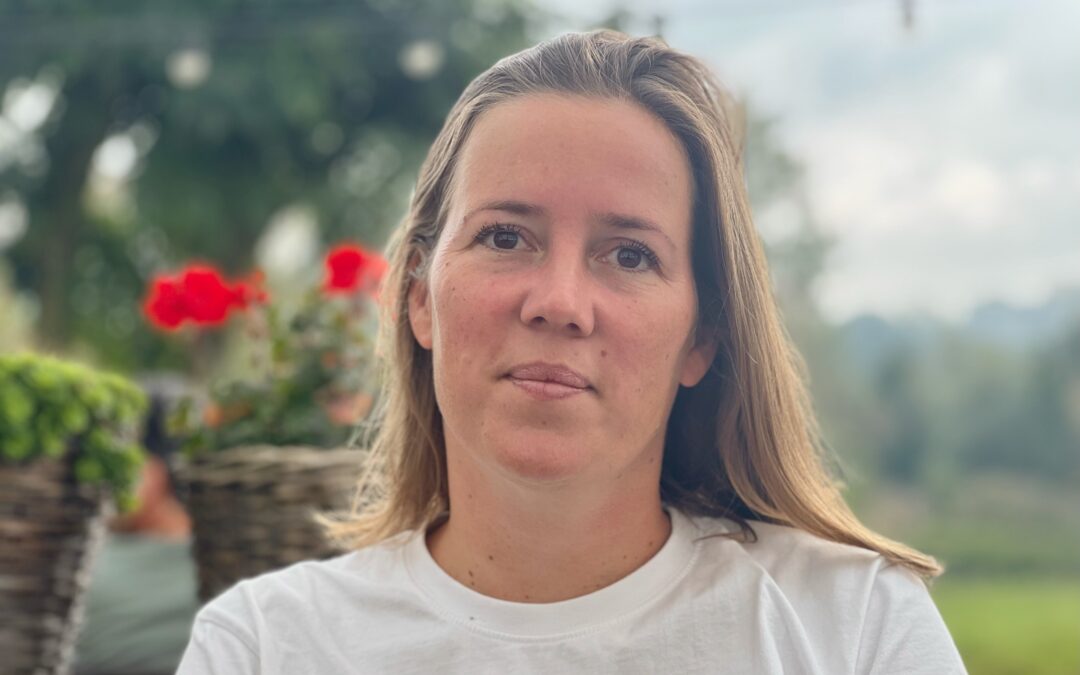
Carolien Grootendorst
Carolien holds a bachelor’s degree in social work, master’s in International Relations and Advanced Master in International Development (AMID). She completed the post- graduate training Community-Based Sociotherapy in post- conflict context at the Hogeschool Leiden in 2010, facilitated by Cora Dekker. Carolien has over 15 years working experience in project management, monitoring and evaluation, policy development in the Netherlands and Liberia. After working for the Ministry of Foreign affairs in the Netherlands, she moved to Liberia where she worked as program advisor for ZOA Liberia and later as an independent CBS specialist. Carolien is an expert in community-based sociotherapy with a rich background in social development, project management, and policy development. Her strengths are in programme management, network building, and donor relations. Carolien is one of the co-founders of ICBS.
Annual reports
Learn about our achievements
Find here our Multi annual plan 2024 – 2028
Find here our ANBI Declaration 2024
Find here our Annual Report 2024
Find here our Annual Account 2024 (English)
Find here our Annual Account 2024 (Dutch)
Find here our ANBI Declaration 2023
Find here our Annual Report 2023
Find here our Annual Account 2023 (English)
Find here our Annual Account 2023 (Dutch)
Find here our ANBI Declaration 2022
Find here our Annual Report 2022
Find here our Annual Account 2022 (English)
Find here our Annual Account 2022 (Dutch)
Find here our ANBI Declaration 2021
Find here our Annual Report 2021
Find here our Annual Account 2021 (Dutch)
Find here our Annual Account 2021 (English)
Find here our ANBI declaration 2020
Find here our Annual Report 2020
Find here our Annual Account 2020 (Dutch)
Find here our Annual Account 2020 (Dutch)
Find here our Annual Report 2019
